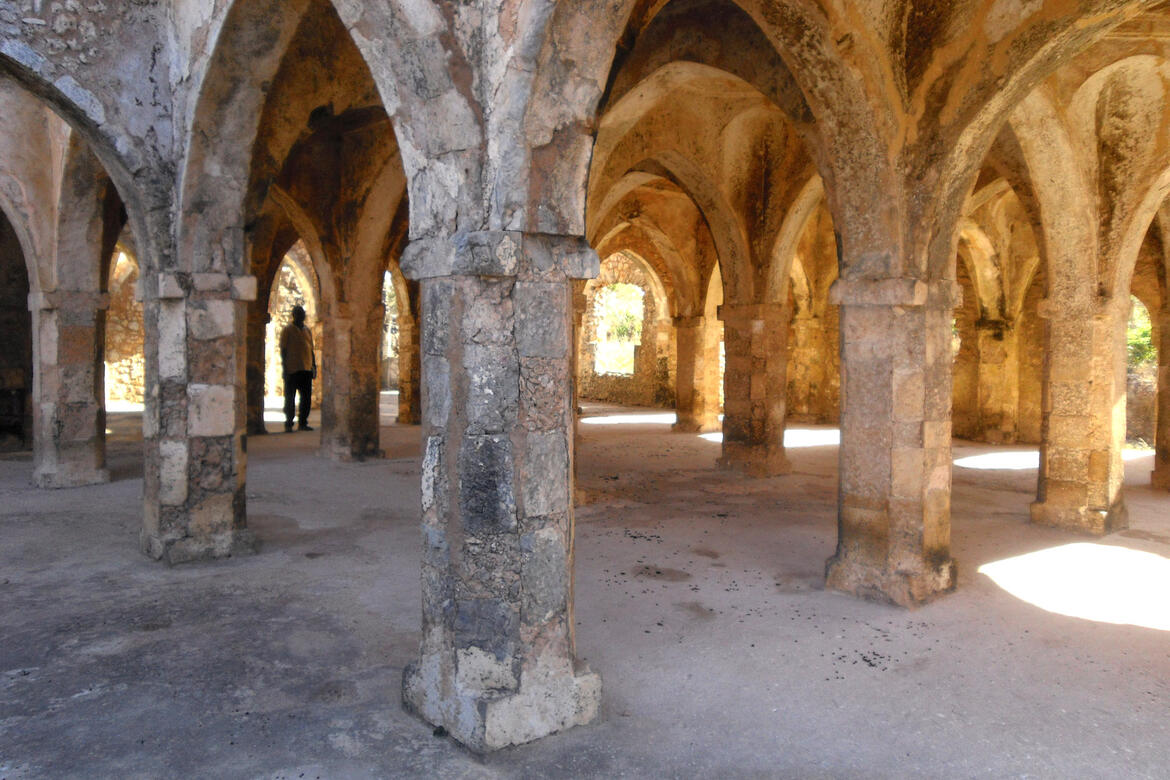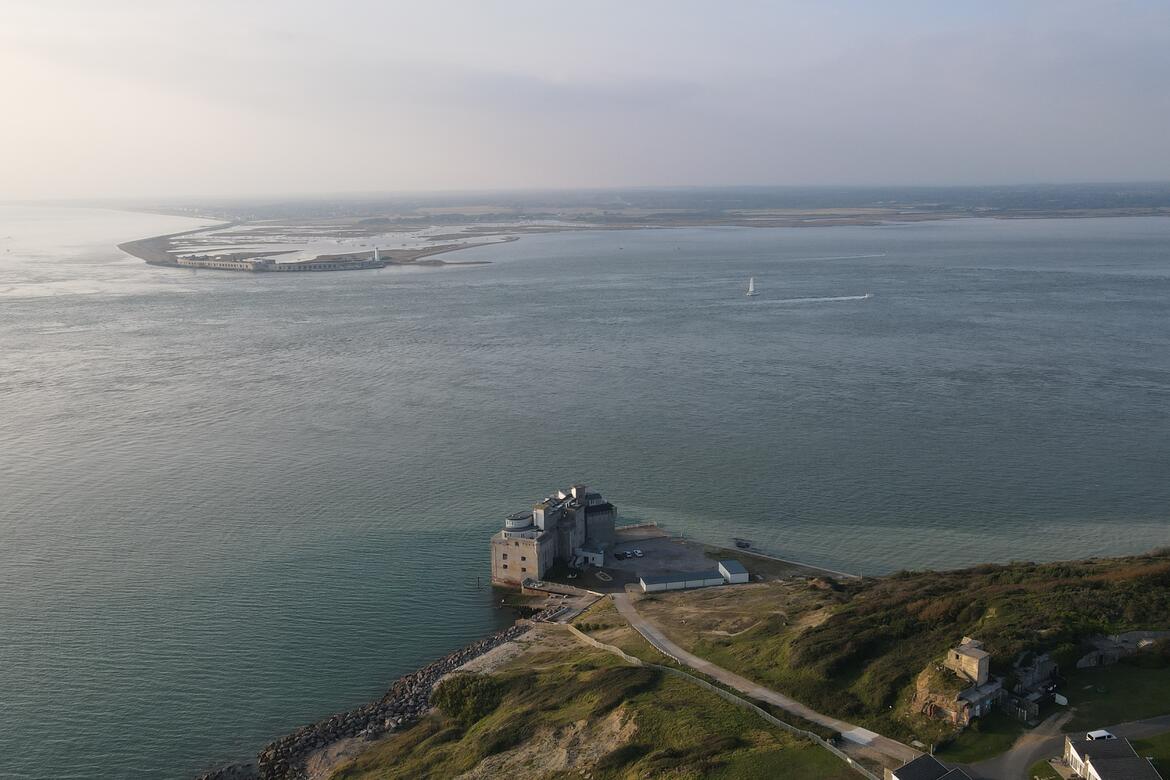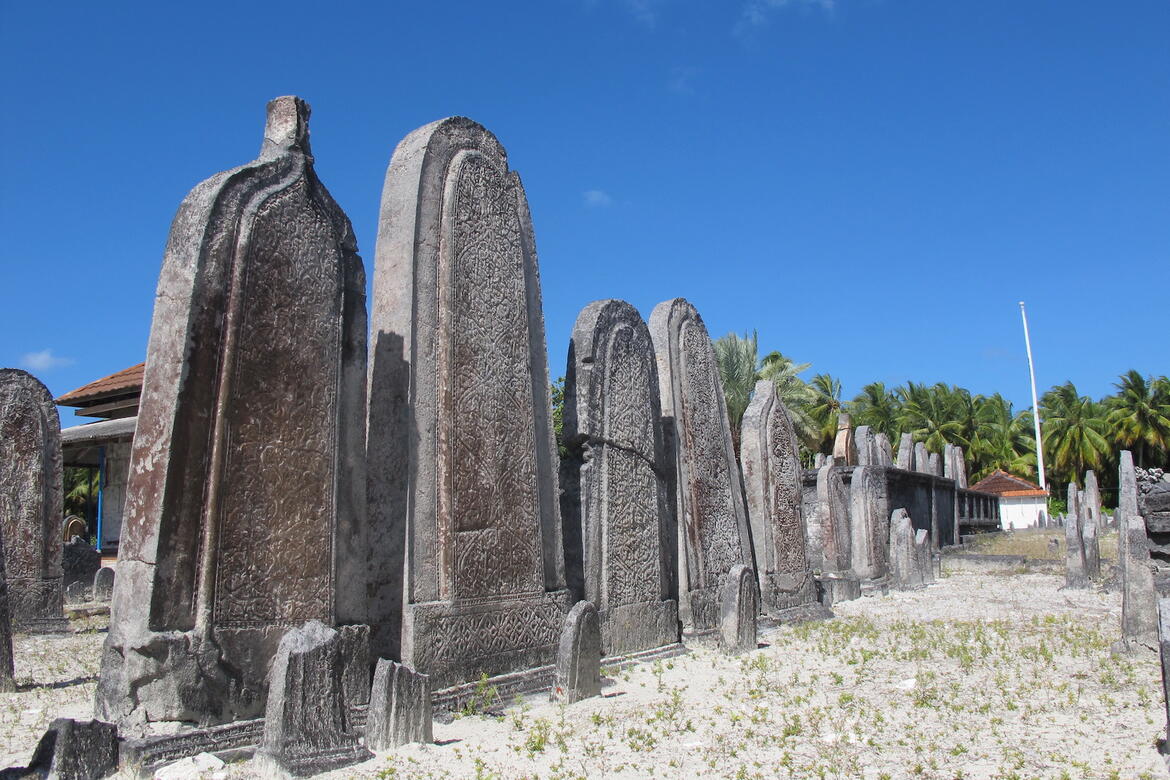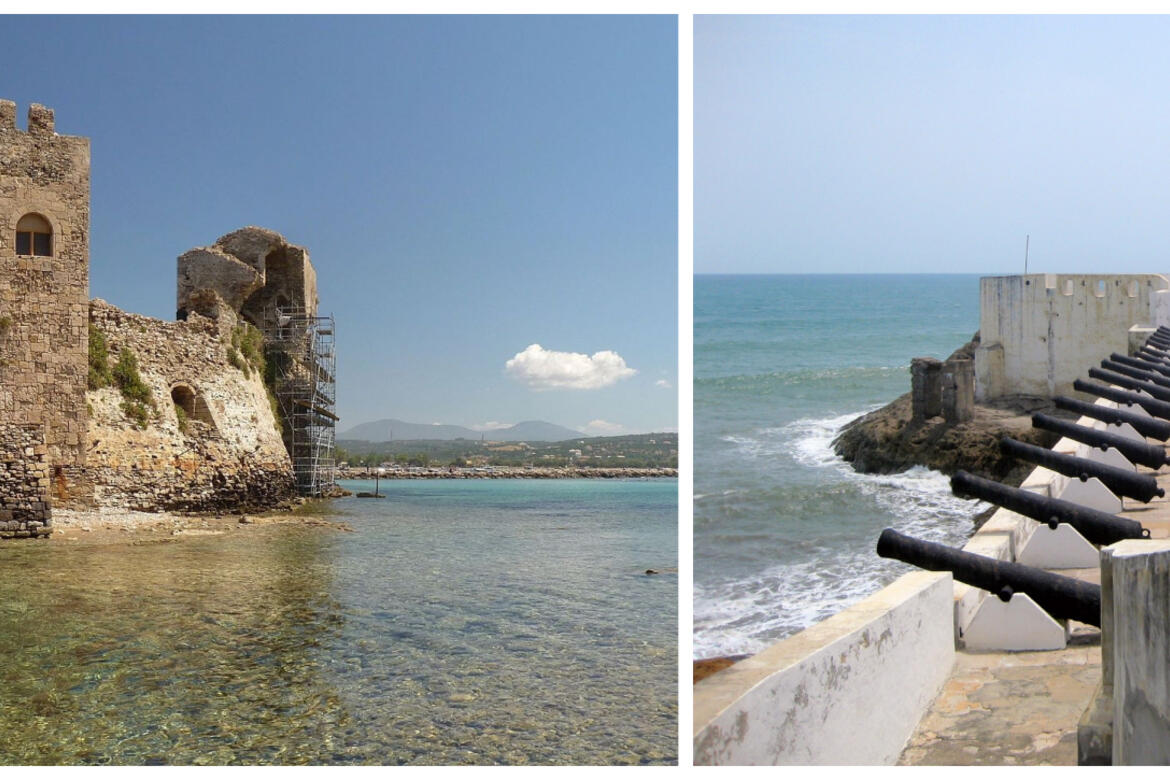"A Legacy of Wisdom”: How Coastal Connections Is Uniting Heritage Professionals around the World to Tackle Climate Change
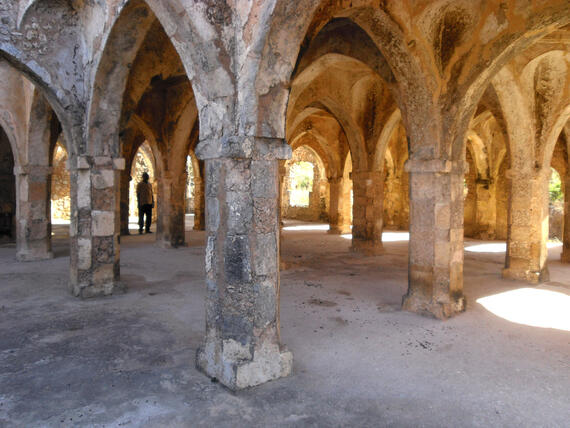
It was to deter foreign invasions by sea that King Henry VIII ordered the construction of Hurst Castle, a stone artillery fort built on a narrow spit of land jutting out from England’s southern coast. But centuries after its construction the castle has been doing battle against a different enemy, one its creator likely never envisioned.
Hurst Castle is not alone in addressing this challenge. Around the world, coastal heritage sites are among the most vulnerable to sea level rise, storm surges that are increasing in severity and frequency, and other impacts of climate change. Yet surprisingly little research currently exists on how concretely these shifts will impact historic buildings, or the best way to tackle the dangers they pose. In 2023—a year after Hurst Castle was named to the World Monuments Watch following a storm that brought down part of its eastern gun battery wall—WMF partnered with English Heritage to create Coastal Connections. The initiative is designed to bring together communities around the world to exchange knowledge and share experiences about the common threats to some of our most treasured places.
“It’s about having honest conversations with partners around the globe about what has and hasn’t worked and learning how we can approach these common challenges together,” said Dr. Alex Kent, Coastal Connections Lead. “For some, Coastal Connections offers new perspectives on how to address the complex impacts of climate change in a dynamic environment; for others, it provides a journey from isolation to inclusion.”
Sites included in the network span the globe and present a range of conservation issues. At the Historic Sites of Kilwa in Tanzania, the reduction of protective mangrove forests has left the island without its former natural protection from the elements. At Koagannu Mosques and Cemetery in Maldives, the entire archipelago upon which the buildings sit is critically endangered by sea level rise. And at Scott’s Hut and the Explorers’ Heritage of Antarctica, increasing precipitation over Ross Island is taxing the delicate wooden structures erected by early visitors to the South Pole.
Coastal Connections aims to unite site managers and heritage professionals from these and other affected places to exchange expertise and best practices about the myriad challenges they face in their work. In January 2024, the program kicked off with a series of online workshops, and a virtual classroom is currently being developed to make key resources more accessible.
“One of the amazing things about Coastal Connections is its capacity to allow people who care for heritage sites in very different places to discover that they are not alone in facing the challenges of climate change,” said Kent. “We have already seen how, for example, Hurst Castle in England, Rapa Nui (Easter Island) in Chile, and Fort Berkeley in Antigua are connected through processes of coastal erosion. By expanding this portfolio of global case studies and consolidating the lessons learned, Coastal Connections will provide a legacy of wisdom that will generate hope for addressing the challenges of climate change.”

